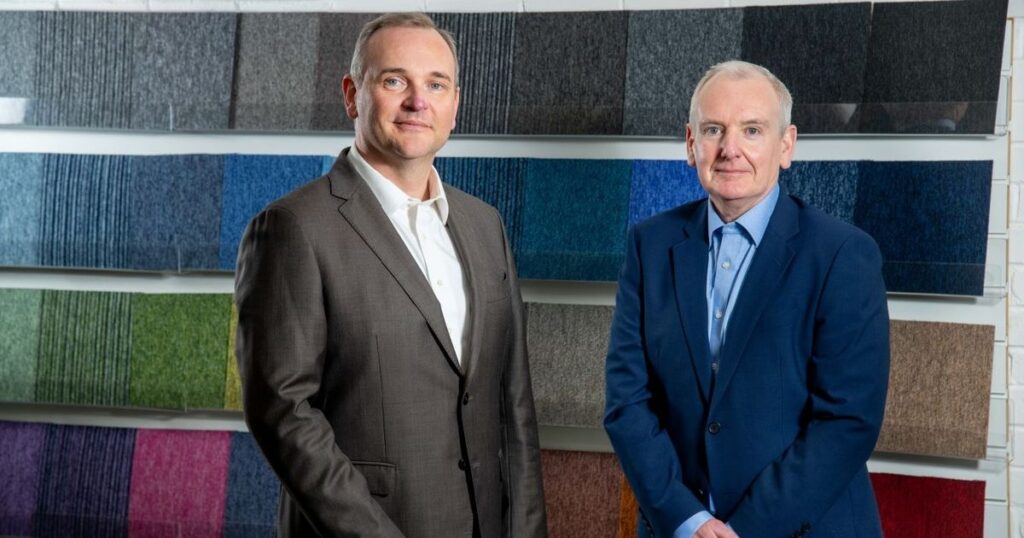The company has faced a decline in profits due to an unexpected slowdown in Q2 sales. However, the outlook remains optimistic as positive trading and strong order books indicate potential recovery.
With strategic investments aimed at enhancing operational efficiency and cutting-edge technologies, the firm is poised for future growth. The initiatives are expected to bring significant improvements in productivity and quality control.
Impact of Sales Slowdown
The firm experienced an unexpected deceleration in sales in its second quarter. Sales in international markets were notably affected by ongoing economic and geopolitical concerns, particularly in the Middle East, and uncertainties surrounding the UK General Election. This resulted in a marked reduction in revenue and operating profit.
The company’s half-year results, published on the London Stock Exchange, indicate a 5.9% decline in revenue to £9.3 million. Operating profits also saw a significant reduction, falling from £836,000 to £215,000. These figures illustrate the extent of the challenges faced by the company during this period.
UK and ROI Sales Performance
Despite the downturn in international markets, the company reported a robust sales performance in the UK and the Republic of Ireland. Chief Executive Médéric Payne highlighted that the firm’s underlying performance remains strong, thanks to strategic efforts in these regions.
Mr Payne also pointed out that the operating profit had been impacted by non-recurring costs associated with major investments aimed at fostering growth. This included investment in state-of-the-art technologies designed to enhance operational efficiency.
Positive Outlook for the Third Quarter
The onset of the third quarter has brought encouraging signs. The company reported positive trading results in July and August, marked by record performances. This was complemented by a strong order book, signalling potential improvement in the coming months.
The focus is now on the installation and commissioning of new equipment at the company’s factory. This £5 million investment is targeted at automating processes using AI imagery and inspection technology, expected to complete early next year. The automated process is anticipated to bring energy efficiencies and productivity gains, marking a significant advancement for the firm’s operations.
The automation initiative will also shift workers from menial tasks to more engaging roles, enhancing job satisfaction and operational efficiency. The AI is being trained to detect defects, ensuring stringent quality checks and setting a new standard in the industry.
Industry-Leading Innovations
Airea’s investment in automation is set to be a pioneering step in the carpet tile industry in Europe. This initiative represents the first application of such technology in the sector, underscoring the company’s commitment to innovation and quality.
Non-executive chairman Martin Toogood remarked that the year had begun with robust demand for the company’s low-carbon product ranges. Although the second quarter presented unexpected challenges, the firm’s innovative approach is expected to sustain its competitive edge.
The quality control enhancements driven by AI technology are projected to be market-leading. This will not only improve product quality but also foster customer trust and satisfaction, crucial for long-term success.
Strategic Investments and Future Prospects
The company’s strategic investments are anticipated to position it favourably for future growth. Mr Toogood emphasised the board’s confidence in the long-term prospects of the business, highlighting the focus on completing the investment in the manufacturing facility by early 2025.
He also mentioned that trading during the second half of the year is expected to improve, supported by several new product launches. The forward-looking strategy aims to align with the board’s revised expectations for the full year, fostering a positive outlook for the company’s future.
Employee and Operational Benefits
The automation and AI initiatives are not just about enhancing productivity. They aim to improve the working conditions of employees by transitioning them to more engaging roles. This could potentially lead to higher job satisfaction and efficiency.
Moreover, the energy efficiencies expected from the new technologies are aligned with broader sustainability goals. This not only enhances the firm’s operational efficiency but also contributes positively to environmental sustainability.
In summary, the firm is navigating through challenging market conditions with a robust strategic approach. The positive signs in Q3 trading and the focus on innovative technologies reflect a strong foundation for future growth.
The investments in automation and AI technology set the firm apart in the industry, paving the way for improved efficiency, quality, and sustainability. The long-term outlook remains positive as the company continues to adapt and innovate.


